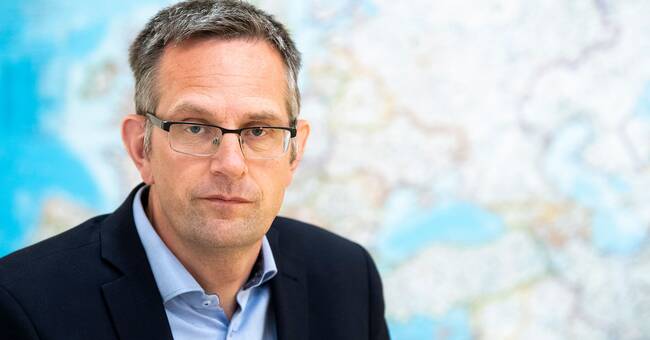On Thursday, Russian President Vladimir Putin announced that the country had set up a "reserve police force" that could intervene on the side of Belarusian leader Alexander Lukashenko if necessary. As a result, Putin appears to have decided that Lukashenko should remain president.
- There has been speculation after the election and the unrest that Russia weighs different alternatives, let Lukashenko stay or try to replace him with some more compliant person who is loyal to Russia, says Jakob Hedenskog, research leader at the Swedish Defense Research Agency (FOI).
According to him, all indications are that Lukashenko, in order to receive Russia's express support, has been forced to bend on several points in the ongoing negotiations on a Union state.
- There is an agreement from 1999 to establish a Union State between Russia and Belarus. Since 2015, Russia has increased the pressure in the negotiations and all indications are that when they met in December last year, Lukashenko received an ultimatum which he refused to accept, but he may have been forced to bow now, Hedenskog says.
Moscow makes the decisionsThese include the energy issue, oil and gas, but also the fact that Russia wants to open an air base in Belarus, which Lukashenko has refused to agree to.
- It may even be that Lukashenko has been forced to agree that Belarus will essentially become part of the Russian Federation but with formal independence. Lukashenko may remain in office, but in practice decisions will be made in Moscow. Lukashenko will be a puppet of Putin, says Hedenskog.
"West does not challenge Russia over Belarus"If the situation in Belarus does not calm down, Putin has been clear that Russia will enter.
- The Western powers will not challenge Russia, which is a nuclear power, about Belarus. The only remedy available is sanctions. Nevertheless, Russia will justify its actions on the basis that the Western powers are said to threaten Belarus and that Russia will save its Slavic brother country, says Jakob Hedenskog.

